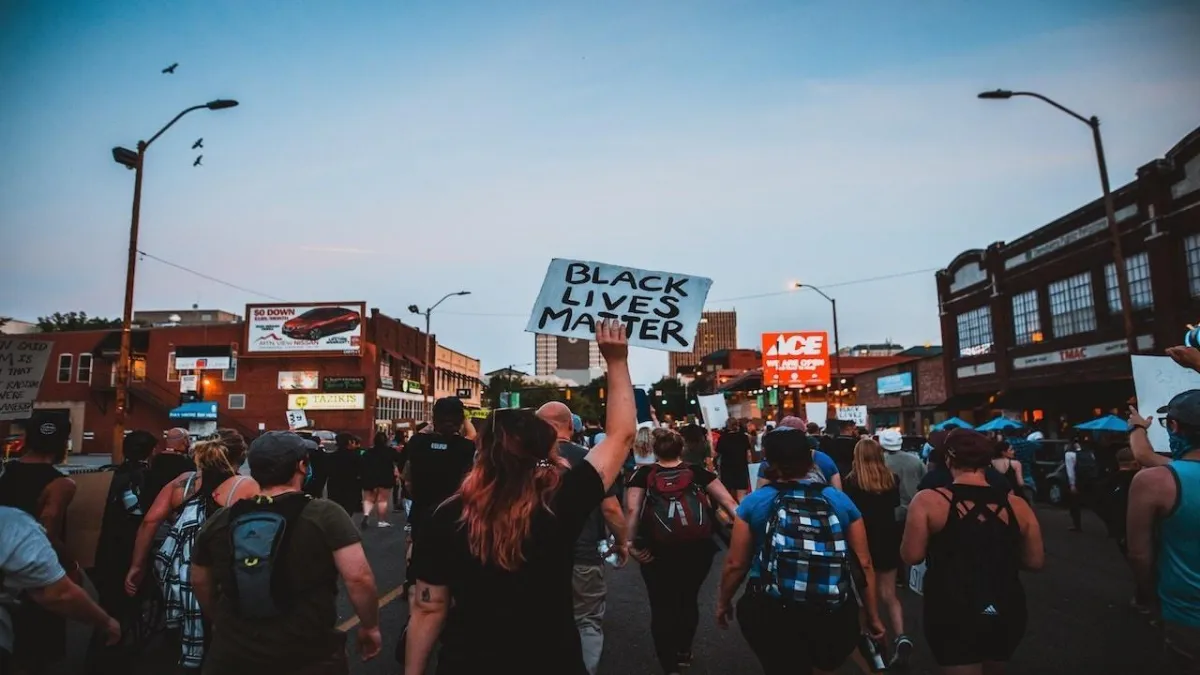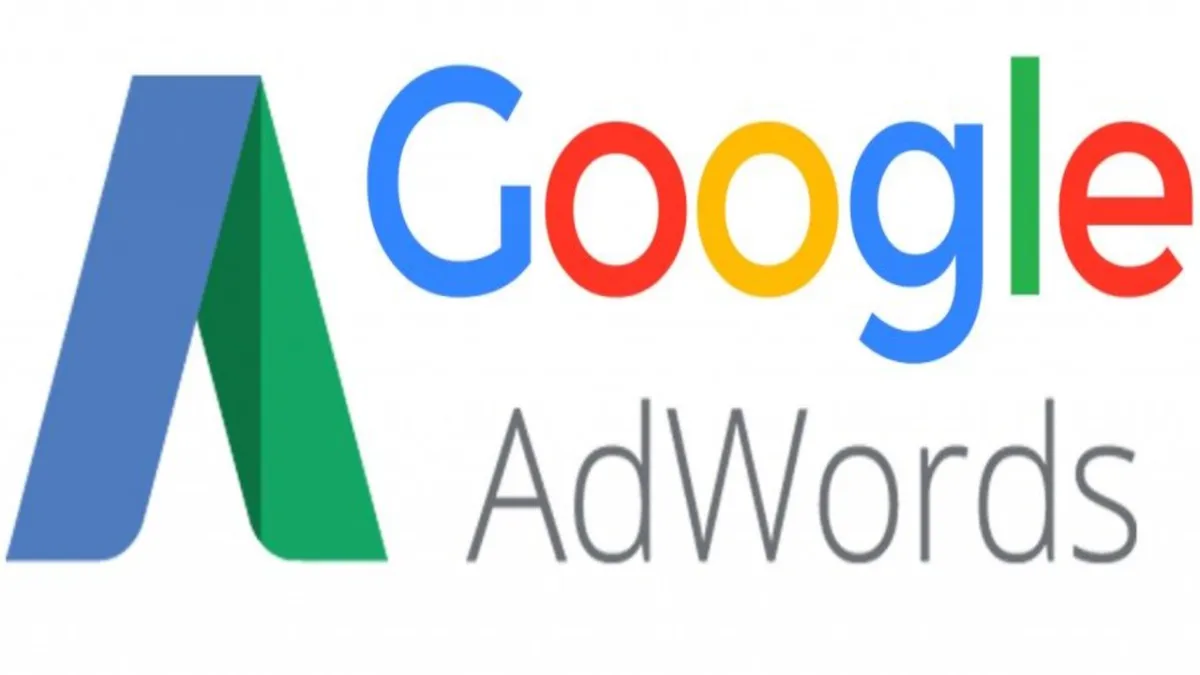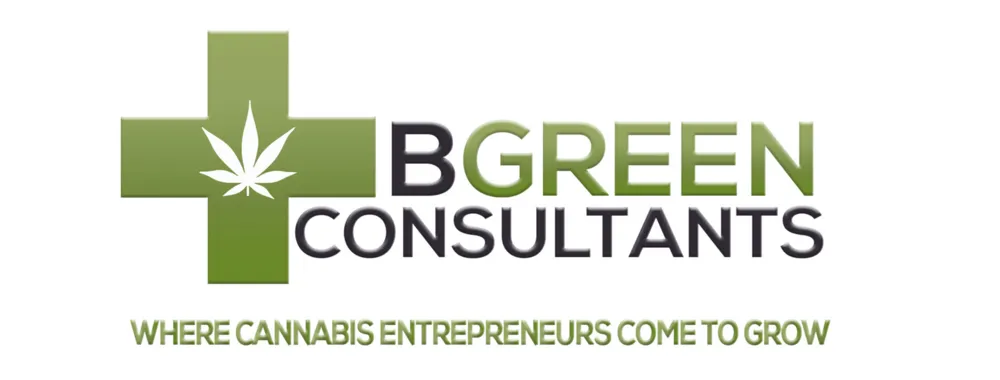How Cannabis and the BLM Movement Can Work Together for Change
Business News Jun 29, 2020

It’s not a secret that the cannabis industry is owned primarily by Caucasian men and women. Although provisions are in place across the country to encourage racial inclusivity within the industry, the Black Lives Matter movement has shined a glaring light on the issue of racial profiling across all business sectors. In an industry as new to the game as cannabis, setting guidelines for an equal playing field, from the get-go, is crucial to continued success.
For Khadijah Tribble, a Harvard-educated, cannabis industry inclusivity activist, the Black Lives Matter movement holds the key to equality in the legal cannabis space. Tribble sees the results of Black Lives Matter as indicative of America’s business model and what kind of people and businesses are seen as “taboo.”
“I think the BLM movement has put [the legal cannabis industry] on notice,” Tribble said. “People have had enough. In the cannabis industry, it gives us an opportunity to look at another avenue to do good. This is an opportunity for us to work with the community to say we hear you, we see you and we’re going to respond accordingly.”
Tribble currently works for a company called Curaleaf, one of America’s premier multi-state cannabis players. She is VP of corporate social responsibility and thus is in charge of diversity, equity, and inclusion initiatives at the company’s Massachusetts headquarters. She views the struggle for federal cannabis legalization as akin to the racial tensions within big business hierarchy; Tribble views her position as a springboard to a diversified industry and is focused on the addition of a diversity and equity task force.
"I’m happy to say that more than 50 plus people on our team want to step up and say they want to be part of this,” she said. “A lot of people don’t necessarily appreciate what I consider to be an important thing to pivot or expand a culture to be inclusive. We didn’t get into this space overnight, and we’re not going to get out of it overnight. You must create systems that disrupt the negative systems. You have to have something to replace it with.”
For Tribble, and so many others trying to break into the industry on a smaller scale, inclusion in this new cannabis space goes beyond a hashtag on social media or a federal drug status.
“I’ve always believed and continue to believe that cannabis movement needs to make racial justice an integral part of all that we do,” Steve DeAngelo, owner of Oakland, CA’s flagship cannabis dispensary, Harborside, said. “We have a debt of history we need to honor and need to pay. This industry would not exist without the efforts of generations of African Americans, who were the first people to bring cannabis to North America. Its passage from Black jazz musicians to white fans was one of the vectors to [the] rest of America. Cannabis is a gift of the African American community to the rest of the country.”
“One of the things that has been missed and misunderstood for African Americans and Latinos like ourselves is that we are the first of our family to go to college and have a generation of success,” Tribble said. “It’s a risk to enter an industry that’s still federally illegal. Some people can afford to take the risk because they have generational wealth. But if you’re the first person in your family to gain financial independence, then perhaps you’re not willing to risk that because the risk is too great.”
As DeAngelo alluded to, the BLM movement and cannabis are irrevocably connected, whether it be in unequal access to funds and retail space or the statistics behind cannabis-related incarceration and the War on Drugs. Any win for Black lives, women, or LGBTQ+ lives is a win for diversifying the cannabis industry.
“Anytime that you have an industry that is headed and influenced by any group of people—in this case, it’s white, male and predominantly straight—there are some unconscious biases happening, and then there’s some intentional things happening in the industry that makes it more difficult for women,” Tribble said.
“Anytime you add race and sexuality to someone’s identity, you’re adding more difficult and layered challenges because folks don’t often have the opportunities. If people who invest in cannabis all hang out in the same spaces and they all look alike and came from the same school, and those conversations aren’t inclusive of people of color, women, and people who are queer, then we create these systems that are white male heterosexual-centered. You just need to look at the numbers to support [this].”
CLICK HERE to claim your Free guide "Strategies To Support Your Green Business Growth During The COVID-19 Quarantine"
Legal Marijuana Becomes Fastest Growing Industry in the USA
02/11/2020

The fourth Cannabis Jobs Report conducted by Leafly revealed incredible employment growth for the legal marijuana industry in 2019.
Over the past twelve months, the industry has added 33,700 new full-time-equivalent (FTE) jobs, which represents a 15% increase year over year! This brings the new total of legal cannabis-related jobs to 243,700 and makes cannabis the fastest-growing industry in the United States!
The top 10 states for employment are California, Colorado, Washington, Oregon, Florida, Arizona, Nevada, Massachusetts, Oklahoma, and Illinois.
While the west coast continues to lead the industry in overall employment opportunities, states such as Oklahoma and Florida are benefiting greatly from medical marijuana.
Florida has more than 300,000 state residents enrolled in the medical marijuana program, making it the country's largest market and supporting its 20,000 plus cannabis-related workers. Oklahoma's medical marijuana market grew 221% in 2019 and was a key driver in their more than 9,400 cannabis-related jobs.
Leafly Senior Editor and report author Bruce Barcott said, "In 2020, we're seeing older markets becoming more established, and dramatic expansion and growth in areas across the country – proving legal cannabis is not just a coastal phenomenon anymore. And we expect big things in 2020, with these trends pointing to triple-digit growth in the Midwest, a spike in hiring in newly legalized states, and even more folks becoming comfortable with cannabis and boosting legal dispensary sales."
According to the report, the numbers would have been even better if not for technical job losses in California and Michigan. These 8,600 jobs are expected to return over the next two years with changes in laws and regulations.
In spite of the tumultuous year that the cannabis industry had in 2019 with issues with financing, banking, and a vaping health crisis, this report shows that the industry was able to overcome these challenges and that job growth is sustainable.
Barcott added," We created the Leafly Jobs Report in 2017 to show that the cannabis industry is an unseen economic growth engine. Four years later, that remains true."
It's essential to keep in mind that, even as good as these numbers are, the report does not include job gains related to CBD since it is not state-regulated like cannabis.
Interested in receiving our Free 7 Module Green Business Training?
Click here: https://www.bgreenconsultants.com/opt-in
Consider Google Ads When “Searching” for New Customers
03/13/2020

When the dust settled after the search engines battled for market share, Google emerged as the leader and "gold standard" for users searching for the most relevant information and for marketers trying to reach this audience. In fact, as of December 2019, Google controls 92.71% of the search engine market share!
While it has proven to be very challenging to advertise cannabis/CBD brands on Google and other search engines such as Yahoo and Bing, it is not impossible. When you are constructing your marketing strategy, consider testing a Google Adwords campaign with a text ad, display ad, Google Shopping service, or Gmail sponsored promos. Search engine marketing is based on the customer's intent to purchase, while social media marketing is based on targeting by interest.
There are no guarantees that when building an ad campaign on search engines such as Google that your cannabis/CBD campaign will be approved. However, the potential upside is so significant that it's worth a shot. Google has a billion people using their products and handles over 3.5 billion searches every day! Plus Youtube, owned by Google, has 1.8 billion active monthly users! Marketers love Google products and it shows in the massive amount of their ad revenue. Google's advertising revenue amounted to 134.81 billion US dollars in 2019!
So how are some advertisers able to get their campaigns approved while others cannot? It comes down to testing and being persistent. The chances are that if you have the term "cannabis" in your branding, you may be out of luck due to Google's advertising restrictions for cannabis/CBD. According to Google's Advertising policy, cannabis and CBD are considered pharmaceuticals and supplements that Google Ads doesn't allow.
There are strategies that you can implement that will help to navigate around these restrictions. However, first consider that, unlike some of the organic traffic strategies discussed in previous articles, these marketing tactics require a budget. It's a pay to play scenario which favors companies with larger budgets.
When constructing an ad, trial and error will enable you to make the needed tweaks to all aspects of your campaign. For instance, your ad copy is critical since Google is primarily keyword driven. Research approved keywords that you can use in your ad copy, your display images, and landing page copy and creatives.
If you operate an e-commerce business selling CBD, the Google Shopping platform may be an excellent fit for your marketing. Google seems to be a bit more lenient with keywords for Google Shopping. Take advantage of these opportunities and test keywords such as CBD oil and hemp oil but stay away from forbidden words such as "canna," 'cannabis," "cannabidiol," "cannabinoid,"' pot," and 'weed.' Unlike Google Adwords, which is primarily driven by keywords and bids, when your Google Shopping products ads show up in search queries is determined by Google and based mainly on your site's SEO and how optimized and "Google friendly" it is.
In addition to traditional search engines like Google, there are some alternative options such as the Traffic Roots advertising network, the Mantis Ad Network, and the FieldTest digital ad platform, that are dedicated to promoting cannabis/CBD companies. Good luck and happy hunting!
Interested in receiving our Free 7 Module Green Business Training?
Click here: https://www.bgreenconsultants.com/opt-in
© 2020 B Green Consultants
